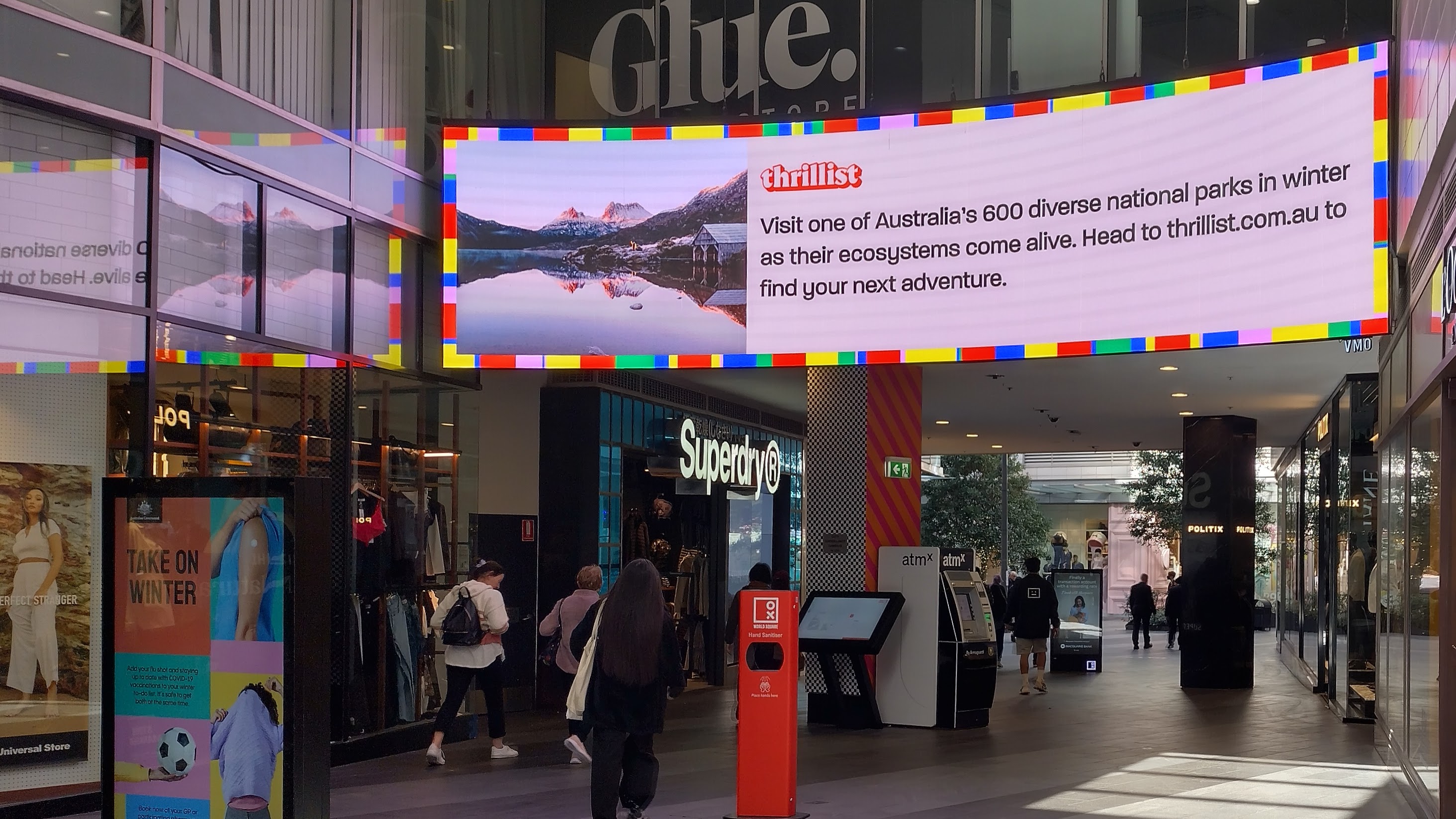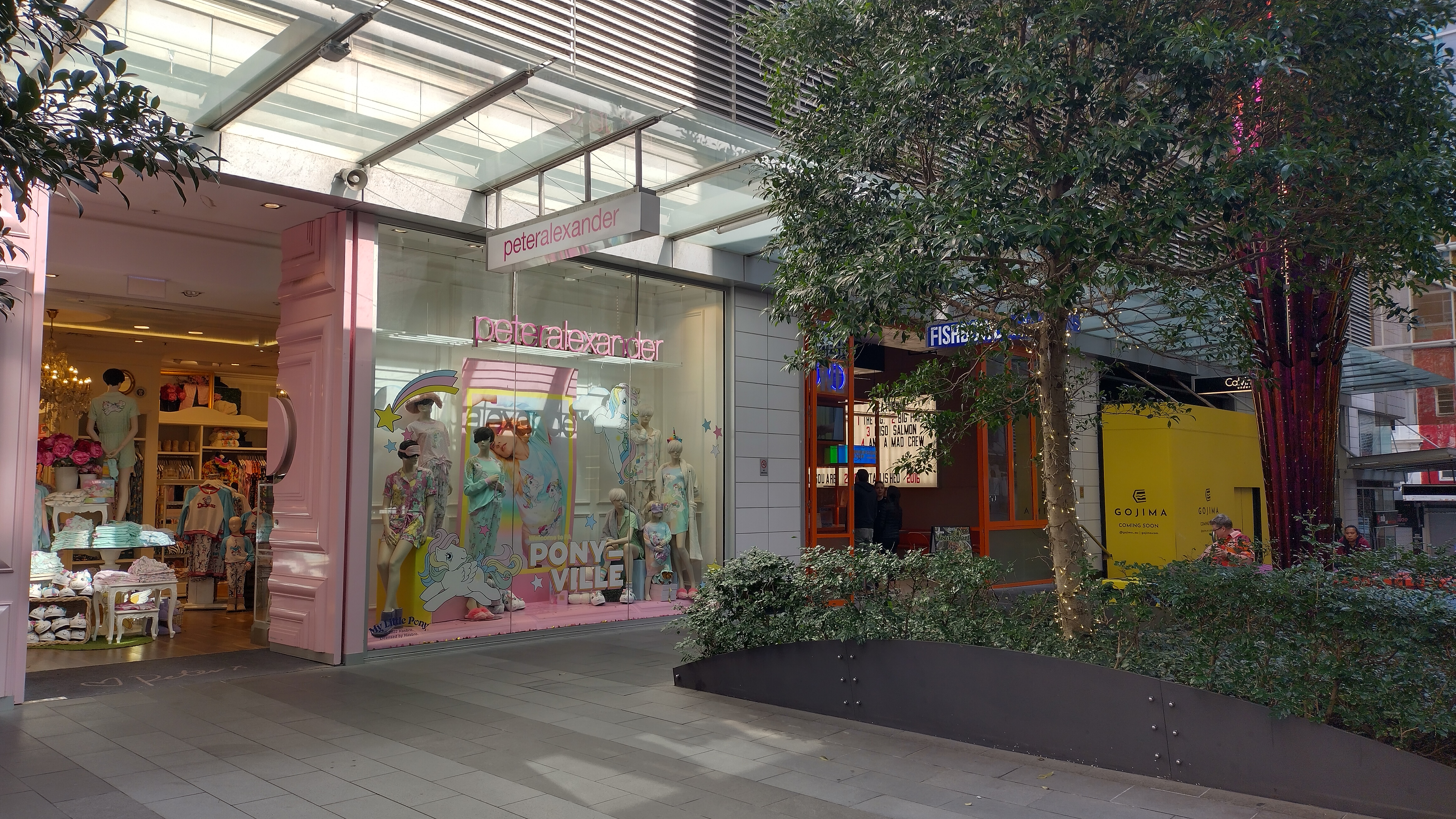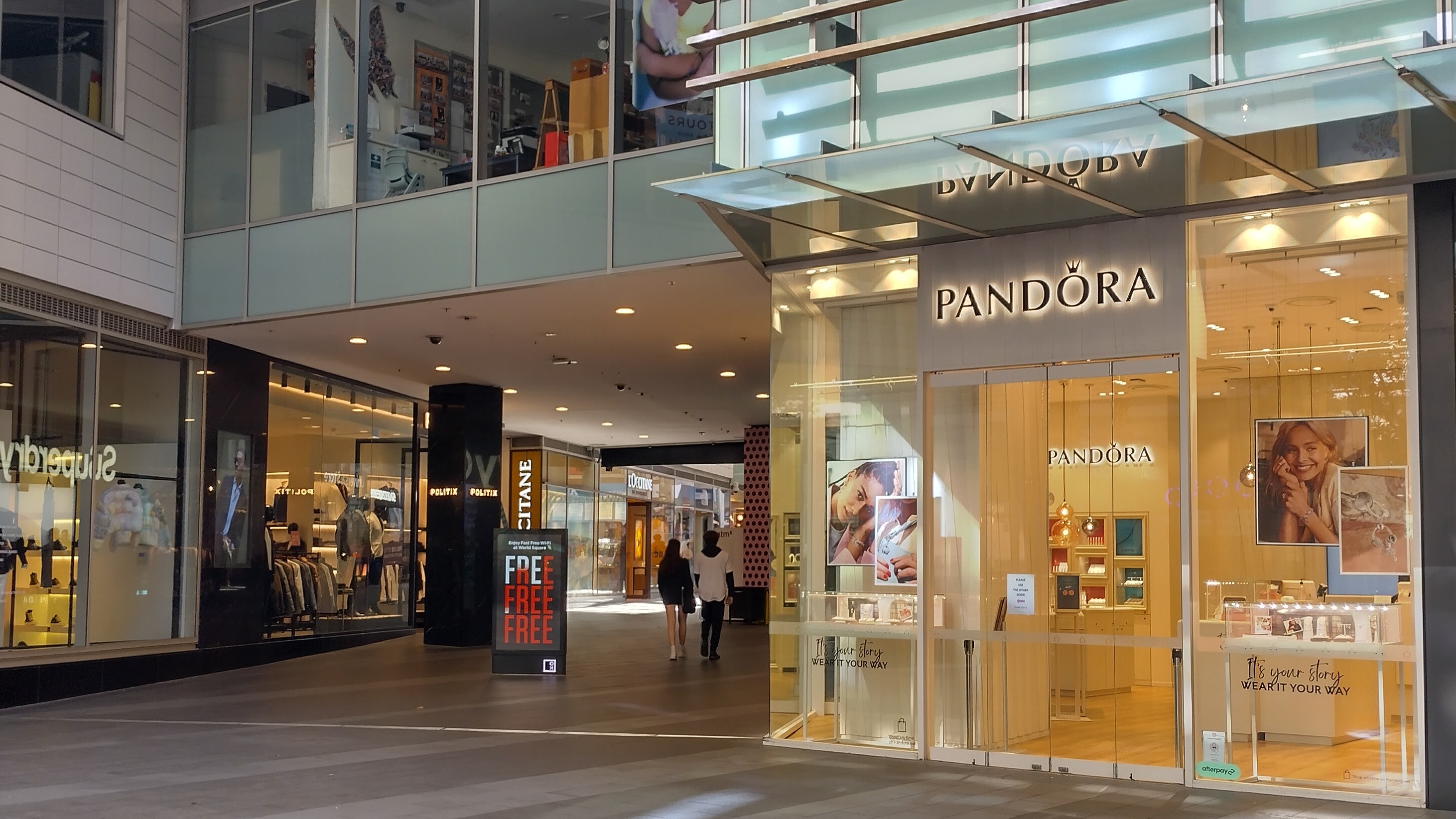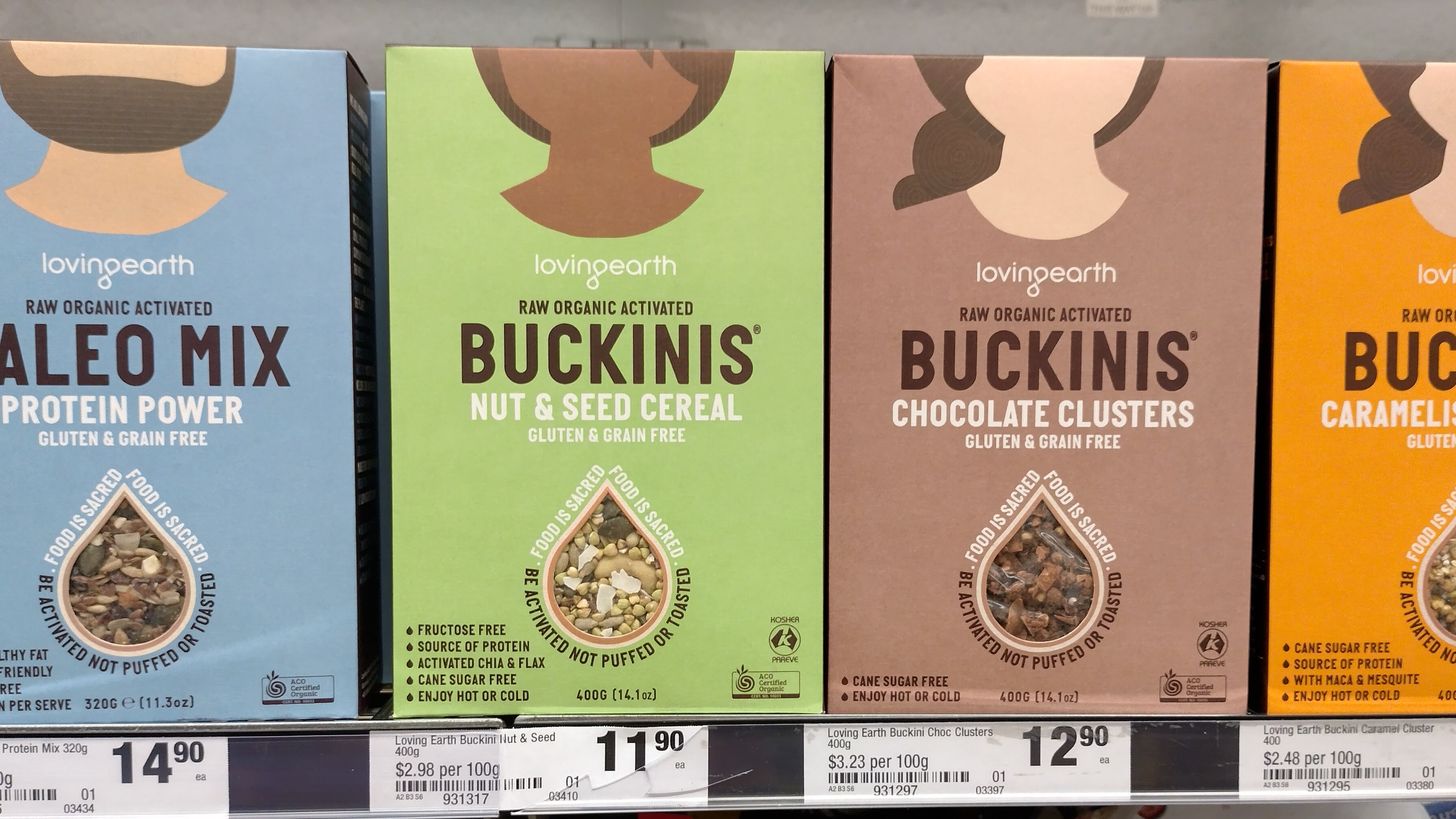Table of Contents
Global capitalism and its contradictions
Global capitalism and its contradictions
Week 3: A world of commodities
Ryan Schram
ANTH 1002: Anthropology in the world
Wednesday, August 17, 2022
Slides available at https://anthro.rschram.org/1002/2022/3.2
Main reading: West (2012)
Other reading: Marx ([1867] 1972)
Global experiences
The arcades of Sydney
A slogan for World Square is “Quench your thirst for global experiences at World Square.”
The world at your doorstep
Tune in next time…
We got apples
And carrots
From our kitchen to yours
Food is sacred
Daigou [代购], personal shoppers or “model consumers”?
Daigou [代购] purchase goods on behalf of overseas clients, and document their purchasing online (Xiao and Mantesso 2019; Zhou 2017).
They also produce live streams while they shop, watched by many more than just their customers.
Like the beauty bloggers examined by Woronov (2016), daigou present themselves as “everyday experts” in the world of luxury consumption.
- They are “experts” at being bourgeois individuals.
- The expanding consumer culture of the urban middle class of China has created a space in which they offer themselves as role models: “model consumers” (Woronov 2016).
Haul of mirrors
“Haul videos” on Youtube allow us to see daigou in a wider frame.
- Destiny Marie, dir. 2022. I Spent Over 2,000 Dollars Shopping (Haul). https://www.youtube.com/watch?v=4gZR4yQTQKg. (This example may in fact be satire, but if it is, it’s good.)
The producers of haul videos merely display what they have bought, emphasizing the sheer quantity and the total spent, like a score.
You can score points on social media, either as a daigou, blogger, or haul-video maker, but who benefits?
- The fame one earns as a model bourgeois individual is also work.
- Shopping media cultivates the proper ethos of individualism in audiences.
Individualism is learned
Media texts about shopping, and the experience of shopping, provide a structure—a template—which we learn to apply to other domains.
- Hospital care
- University education
There is no such thing as modernity
The conventional view of history is that every society moves from tradition to modernity, from a state of constraint to one of individual freedom.
In this view, consumption is simply a realization of the individual’s freedom to choose.
Yet look at how much effort is needed to suppress awareness of social relations, and to teach people to be the right kind of individual.
References and further reading
Marx, Karl. (1867) 1972. “Capital, Vol. 1 [Selections].” In The Marx-Engels Reader, edited by Robert C. Tucker, 309–43. New York: W. W. Norton & Company.
West, Paige. 2012. “Village Coffee.” In From Modern Production to Imagined Primitive: The Social World of Coffee from Papua New Guinea, 101–29. Durham, N.C.: Duke University Press.
Woronov, T. E. 2016. “‘Model Consumers’: Beauty Bloggers, Everyday Experts, and Governmentality in Urban China.” In New Mentalities of Government in China. Routledge.
Xiao, Bang and Sean Mantesso. 2019. “‘You Must Embrace Them’: Inside the Billion-Dollar Daigou Industry.” ABC News, July 30, 2019. https://www.abc.net.au/news/2019-07-31/chinese-daigou-changing-influencing-australian-business/11221498.
Zhou, Christina. 2017. “Why China Is Tuning in to Live Streams from Aussie Shops.” ABC News, September 1, 2017. https://www.abc.net.au/news/2017-09-02/daigou-gift-shops-products-for-china/8812336.








